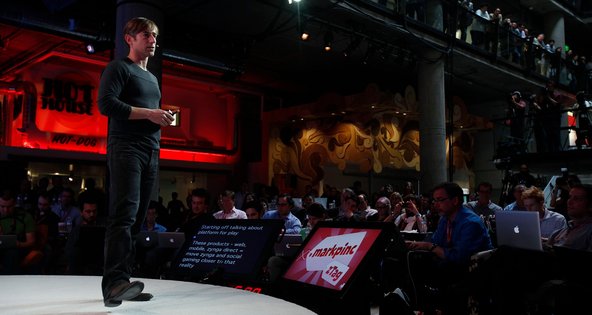Manufacturers, including Toshiba and SK Hynix, are poised to reap the rewards of soaring demand for cut-price tablets and smartphones in China, the world’s biggest smartphone market, and the emergence of Chinese mobile device makers like Huawei Technologies.
At the high end of the spectrum, demand for gadgets armed with ever-greater memory capacity will bolster chip sales even if the market for relatively expensive handsets does not see the kind of rapid growth it has in the past.
All of this, combined with reduced investment since 2011, means the prices of dynamic random access memory and NAND memory chips have started to rise, and chip makers are enjoying the most bargaining power they have had in years.
“Chip makers are reaping the benefits of curtailed investment of recent years just when demand is exploding,” said Hong Sung-ho, an analyst at I’M Investment Securities.
Chip makers had little bargaining power until early last year as Apple and Samsung were the sole major buyers of the NAND chips used in mobile devices. The two global heavyweights focus on the high-end market and they are now struggling with slowing growth as this profitable segment nears saturation.
China is driving the industry’s rapid shift to cheaper smartphones, helping chip makers broaden their customer base. Additionally, the growth of Chinese smartphone makers like Huawei, ZTE Corp. and Lenovo is threatening to weaken the dominance of Apple and Samsung.
About 70 percent of China’s smartphone shipments are sold at 1,000 renminbi, or about $160, or less, while 10 percent are in the 1,000 to 3,000 renminbi range. Supercheap tablets costing less than $100 are also soaking up supply.
“The size of the Apple order was a big price swing factor, but now demand from Chinese manufacturers is more than offsetting this volatility,” said the HMC Investment Securities analyst Greg Nho.
Prices of DRAM chips, used mainly in computers, have leaped nearly 90 percent so far this year even as PC sales have plummeted, while the market for NAND memory chips has tightened.
Outside of China, demand for NAND chips is increasing as consumers need more memory capacity to play high-quality video and music on higher-priced gadgets.
“In the old days, we only took a few photographs. Now we take videos as well, at potentially higher resolutions,” said Damian Thong, director of research at Macquarie Capital Securities in Tokyo. “I actually think the opportunity for NAND flash is enormous still.”
For example, HTC’s flagship smartphone, the HTC One, has NAND memory capacity of 64 gigabytes, four times more than that of most other high-end models.
The second-largest NAND manufacturer, Toshiba, said Tuesday that it would expand a production facility in Japan with an investment of nearly ¥30 billion, or $300 million. Samsung, the world’s leading producer of the chips, is building a $7 billion NAND plant in China.
Micron Technology, which is looking to complete the acquisition of the bankrupt Japanese chip maker Elpida Memory before the end of August, plans to increase investment in 2014 as it integrates with the Japanese company.
But even as some chip makers bolster investment for the first time in years, few believe the market is heading for a glut. Indeed, memory chip makers’ total capital spending this year is set to decrease by 2.6 percent to $12.3 billion, according to HMC Investment Securities.
Most manufacturers are keeping investment to a small scale as they prepare for the arrival of three-dimensional chip engineering, a major technological leap from the current planar structure.
Mr. Thong, of Macquarie, said demand for NAND chips would continue to outstrip supply, even with the new production facilities in the pipeline.
“Memory prices and memory profitability will remain high for the next 12 months,” he said.
Samsung has become conservative in recent years, a departure from its traditional approach of keeping rivals at bay by not allowing profitability to get too high.
“By creating an oversupply situation, Samsung was able to keep memory competitors weak,” Mark Newman, a research analyst at Sanford C. Bernstein, said in a report Tuesday. “Today, however, that strategy of lower memory chip prices actually just helps Samsung’s handset and tablet competitors. Samsung is thus becoming highly motivated to generate memory shortages and high memory pricing.”
Samsung is the world’s top NAND chip maker with about 38 percent of the market, followed by Toshiba, which has a 28 percent share, and SK Hynix, with 13 percent.

Article source: http://www.nytimes.com/2013/07/05/technology/asia-chip-makers-stand-to-benefit-from-move-to-cut-price-gadgets.html?partner=rss&emc=rss

